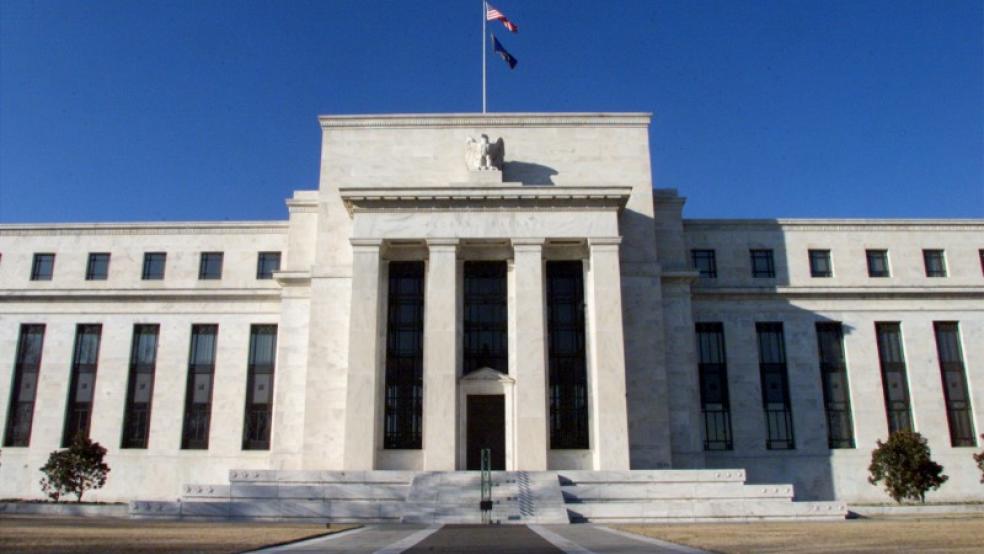Now you see it…maybe soon you won’t.
Over the last year, the seeming ability of stock values of many technology companies to keep rising forever met resistance. This was true even for the major technology companies known collectively as “big tech.” During the last 12 months, Meta (parent company of Facebook, WhatsApp, and Instagram), Amazon, and Alphabet (parent company of Google and YouTube) suffered layoffs and big declines in stock prices.
These were the result of both bad decisions and changing market conditions. For example, the end of covid lockdowns obviously reduced demand for Amazon’s delivery services. Also, an increasing number of people are leaving Facebook and other Meta sites for newer social media sites. Many of those who use social media for political organization, education, or discussion are abandoning Facebook and YouTube for sites such as Rumble—sites that don’t deplatform individuals for sharing opinions and news that displeases “woke” bureaucrats and politicians.
The magician in this scenario—the Federal Reserve—played a major role in big (and medium and small) tech’s rise and fall. Technology writer David Streitfeld, writing in The New York Times, recently examined how the Fed’s 2008 market meltdown related policy of near zero interest rates led many investors to throw money at tech companies. In many cases, these investors would not have bought tech companies stock had the Fed not distorted the signals sent by interest rates, which are the price of money. The historic expansion of the Fed balance sheet thanks to “quantitative easing” also helped create a tech bubble. Now that the Fed is raising interest rates (although still keeping them well below what they would likely be in a free market), the tech bubble is being popped as investors are able to get a more realistic view of tech companies’ value. This is causing a painful but necessary correction.
For example, Carvana, which aimed to be the “Amazon of used cars” went from an 80 billion dollars valuation to a 1.5 billion dollars valuation, a 98 percent loss, in just 18 months. Also, the Fed-created tech bubble allowed Amazon to lose millions opening new businesses, including physical bookstores. Amazon announced in March of last year, the same month the Fed started increasing interest rates, that it would close all its bookstores.
The tech bubble enabled large companies to grow via mergers and acquisitions. Many small and startup companies attracted investors with a promise of a big payoff from an acquisition. The frequency of tech-related mergers and acquisitions is a major reason behind the left’s (and some people on the right’s) renewed interest in antitrust laws. Federal Trade Commission Chairman Lina Khan owes her position to her advocacy of using antitrust to limit the growth of big tech. Khan’s crusade against big tech has suffered some setbacks in the courts. However, Khan need not worry since the Federal Reserve may do a more effective job of limiting tech-related mergers and acquisitions than the FTC ever could.
Sam Abuelsamid, principal analyst with Guidehouse Insights, accurately summed up the tech industry’s recent history for Streitfeld’s article: “The whole tech industry of the last 15 years was built by cheap money. Now they’re getting hit by a new reality, and they will pay the price.” Federal Reserve created bubbles and busts are not a new reality. They have been with us since the Fed was created and will remain until the system collapses or until Congress audits, then ends, the Fed.
This article was originally featured at the Ron Paul Institute for Peace and Prosperity and is republished with permission.







